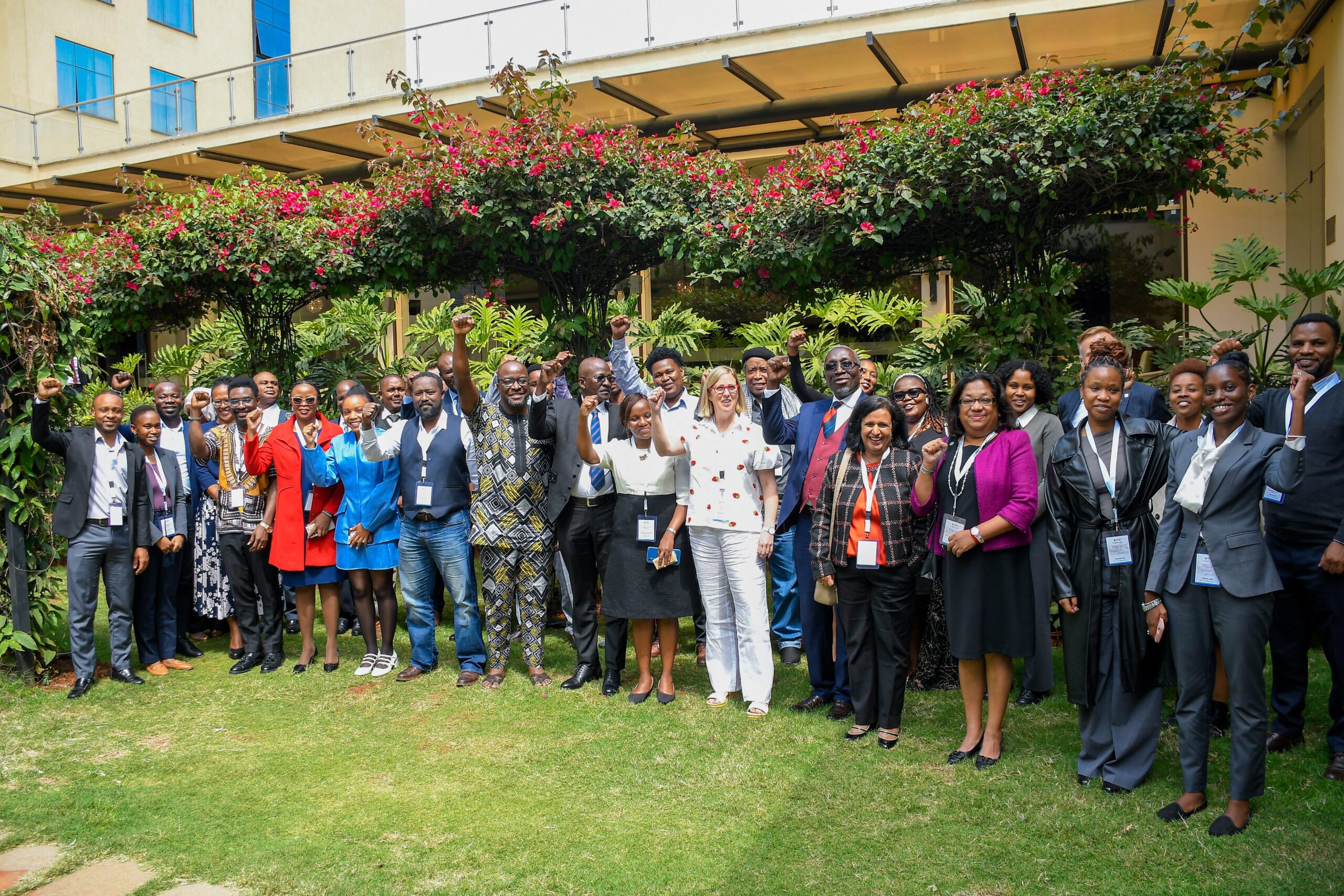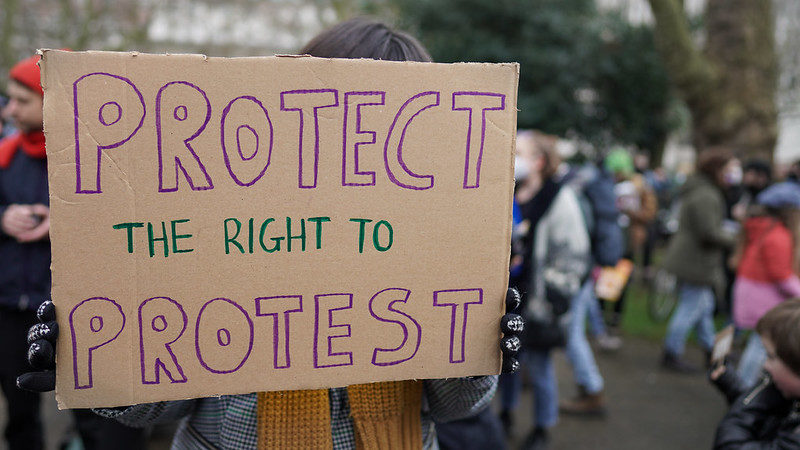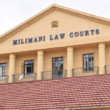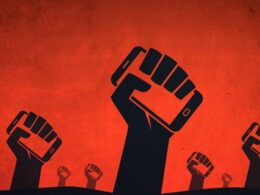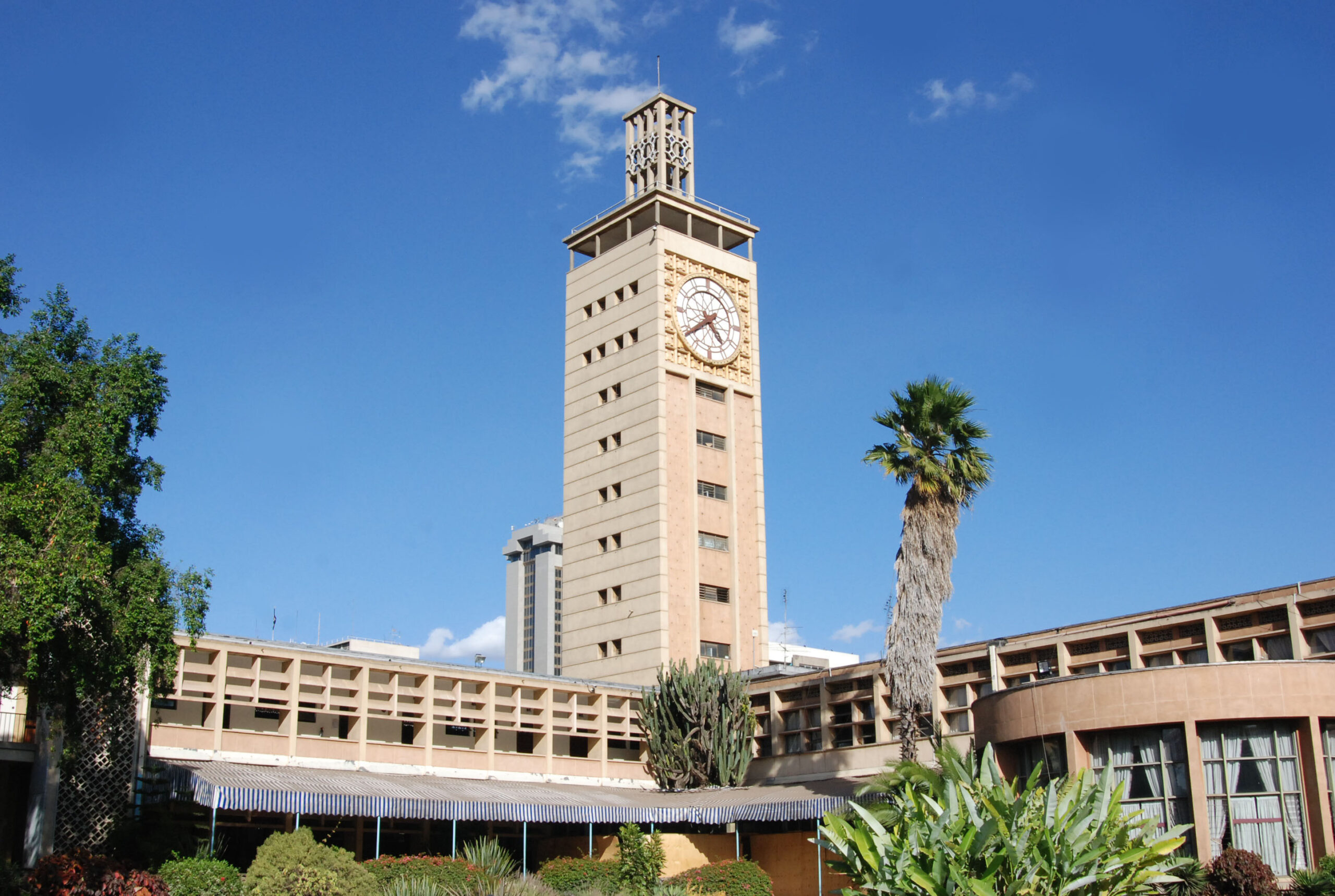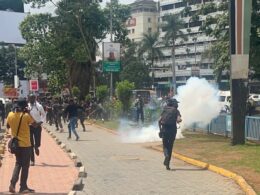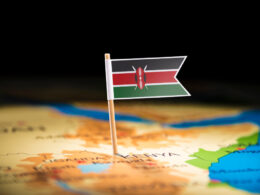By Reagan Orwa
Democracy is majorly associated with freedom because it allows citizens to express their views openly through peaceful assemblies and the state is obligated to ensure that these fundamental freedoms are upheld. Freedom of expression, association and assembly are the cornerstones of the civic space in Kenya, constitutionally entrenched in Articles 33, 36 and 37 of the 2010 Constitution. Moreover, Article 2(5) of the Constitution domesticates into law any treaty or convention ratified by Kenya.
To this end, protection of these rights is further emphasized in regional and international human rights instruments such as the African Charter on Human and Peoples’ Rights, (ACHPR) and the International Covenant on Civil and Political Rights (ICCPR). While these regulatory safeguards are in place, the civic space is often under attack.
The management of protests in Kenya has been marred with human rights violations and illegality, mostly by law enforcement agencies. In contrast, Kenya enacted in 2014 the Public Order Act, to guide in the maintenance of order during public gatherings.
The Act in section 5 elaborates the procedure for regulating public meetings and obligates the organizers of these meetings to notify the police officer in charge at least three days prior to the public meeting. Further, it mandates the organizers to be present during the public gathering to assist the police in the maintenance of peace. To this end, the Act criminalizes any public meeting or gathering convened without following this due process.
While the Act provides for the elaborate procedure, it has been widely criticized for being overly restrictive and granting authorities broad powers to limit or suppress protests. The limitation on the freedom of expression has been canvassed in court cases more so, in the case of Ferdinand Ndung’u Waititu v Attorney General where the court emphasized that the Public Order Act was not to limit but to regulate the freedom of assembly for the purposes of maintaining order.
Reports from various human rights organizations reveal a trend in police brutality over the years during protests. The protection of life and property is a key provision in the National Police Service Act of 2014, however law enforcement agencies have often violated this provision by using excess force to disperse protester and in some instances leading to the death of protesters. Most recently, in the ongoing anti-finance bill demonstrations, law enforcement agencies reportedly used punitive means such as live bullets to disperse citizens peacefully demonstrating.
Freedom of expression is the cornerstone of any democratic state. It is a constitutional safeguard in Article 33 of the Constitution with a caveat that it shall not extend to incitement of violence, hate speech among others. The ACHPR and ICCPR further emphasize on the recognition of the freedom of expression in Article 9 and 19 respectively.
While this right has been guaranteed by national, regional and international instruments, gaps to its implementation are apparent due to the constant attack of the political dissent by the government. As a result, additional safeguard to this right has been advanced by positive jurisprudential developments by courts.
Most recently, the court in Katiba Institute and others v The Director of Public Prosecutions and others affirmed the protection of freedom of expression by declaring unconstitutional section 77 of the Penal Code, which criminalized subversion. In addition, in the case of Jacqueline Okuta & another v Attorney General and Others the High Court annulled section 194 of the Penal Code which provided for criminal defamation. This decision was lauded as a great milestone in the protection of the civic space as it curtailed the use of criminal law provisions by the political class to limit freedom speech, especially by the political dissent.
Freedom of association is a pillar of the bill of rights under the constitution of Kenya, 2010 which authorizes every citizen to form, join or participate in the activities of any kind. While the constitution is supreme, this right has been infringed especially among vulnerable categories such as the sexual minorities, who have once been barred from forming associations.
For instance, in 2015, the NGO Coordination Board declined to register an NGO due to its name; National Gay and Lesbian Human Rights Commission and its objective which was to champion the rights of LGBTIQ persons in Kenya. This discriminatory practice was the subject of the court’s determination in the case of The NGO Coordination Board v Eric Gitari and 3 others wherein the court held that LGBTIQ community has the freedom to associate and that it would be discriminatory to limit their right to associate solely based on sexual orientation.
The operationalization of the Public Benefit Organization Act, 2013 (PBO) is another positive development towards achieving freedom of association due to its concept of self-regulation of PBOs. The Act has provided for an elaborate framework for PBOs to join and participate in self-regulating forums and establishing a national PBO federation to coordinate the self-regulating forums in sections 20 and 21 respectively.
It is essential to note that the regulatory landscape in Kenya governing the enjoyment of the freedom of expression, association and assembly is sufficient however, gaps inherent to their implementation are apparent. For this reason, we should strive to amplify for change through rigorous advocacy strategies.
Positively, the shifting jurisprudence on the enjoyment of the civic space freedoms are an indication that Kenya is on the right trajectory to the achievement and enjoyment of these rights. This therefore calls for the enrichment of jurisprudence through initiating more public interest litigation cases to frame emerging gaps in the civic space.




